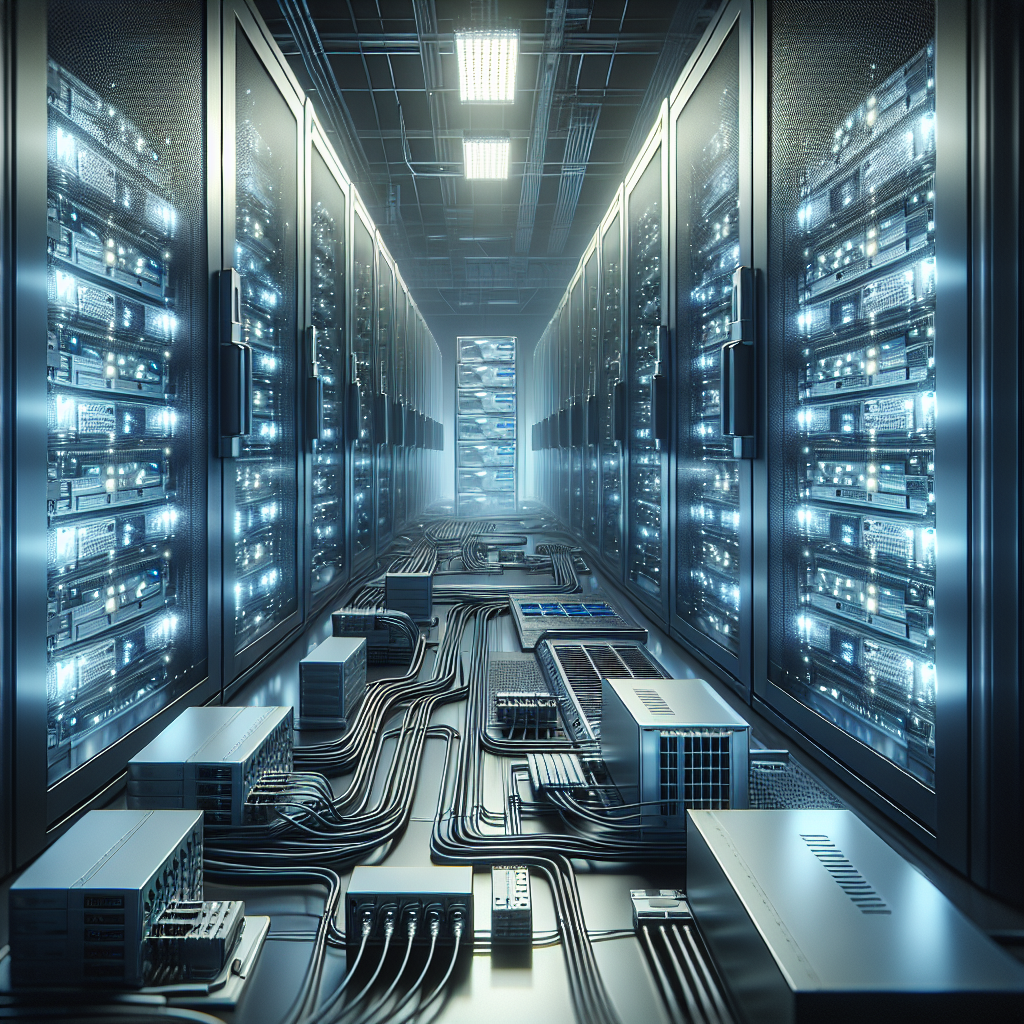In today’s digital age, data centers play a crucial role in storing and processing massive amounts of data for businesses and organizations. These facilities house servers, networking equipment, and other critical infrastructure that enable the seamless operation of applications and services. With the increasing reliance on data centers for everyday operations, ensuring their resilience in the face of power outages and other disruptions has become more important than ever.
One of the key components of data center resilience is backup generators. These generators serve as a fail-safe mechanism to provide emergency power in the event of a utility power failure. By seamlessly kicking in when the main power source goes down, backup generators ensure that critical IT systems and equipment remain operational, preventing costly downtime and data loss.
There are several factors to consider when it comes to ensuring the effectiveness of backup generators in a data center environment. First and foremost, the generators must be properly sized to meet the power requirements of the data center. This involves conducting a thorough assessment of the facility’s power needs and selecting generators that can deliver sufficient power output to keep all essential systems up and running.
In addition to sizing, the reliability and maintenance of backup generators are also critical considerations. Regular testing and maintenance are essential to ensure that the generators are in good working condition and ready to kick in when needed. This includes checking fuel levels, conducting load bank testing, and performing routine maintenance tasks to keep the generators running smoothly.
Furthermore, data centers should also have a robust fuel management strategy in place to ensure that backup generators have an adequate fuel supply during extended power outages. This may involve implementing fuel monitoring systems, establishing fuel delivery agreements with suppliers, and maintaining onsite fuel reserves to prevent interruptions in power supply.
Lastly, data centers should have a comprehensive backup power plan in place that outlines procedures for activating backup generators, coordinating with utility providers, and managing power distribution during emergencies. Regular drills and training exercises can help staff familiarize themselves with these procedures and ensure a swift response in the event of a power outage.
In conclusion, backup generators play a critical role in ensuring the resilience of data centers against power outages and other disruptions. By properly sizing, maintaining, and managing backup generators, data center operators can minimize the risk of downtime and data loss, safeguarding the continuity of operations and the integrity of critical IT infrastructure. Investing in backup generators is a wise decision for any organization that relies on data centers for their day-to-day operations.


Leave a Reply